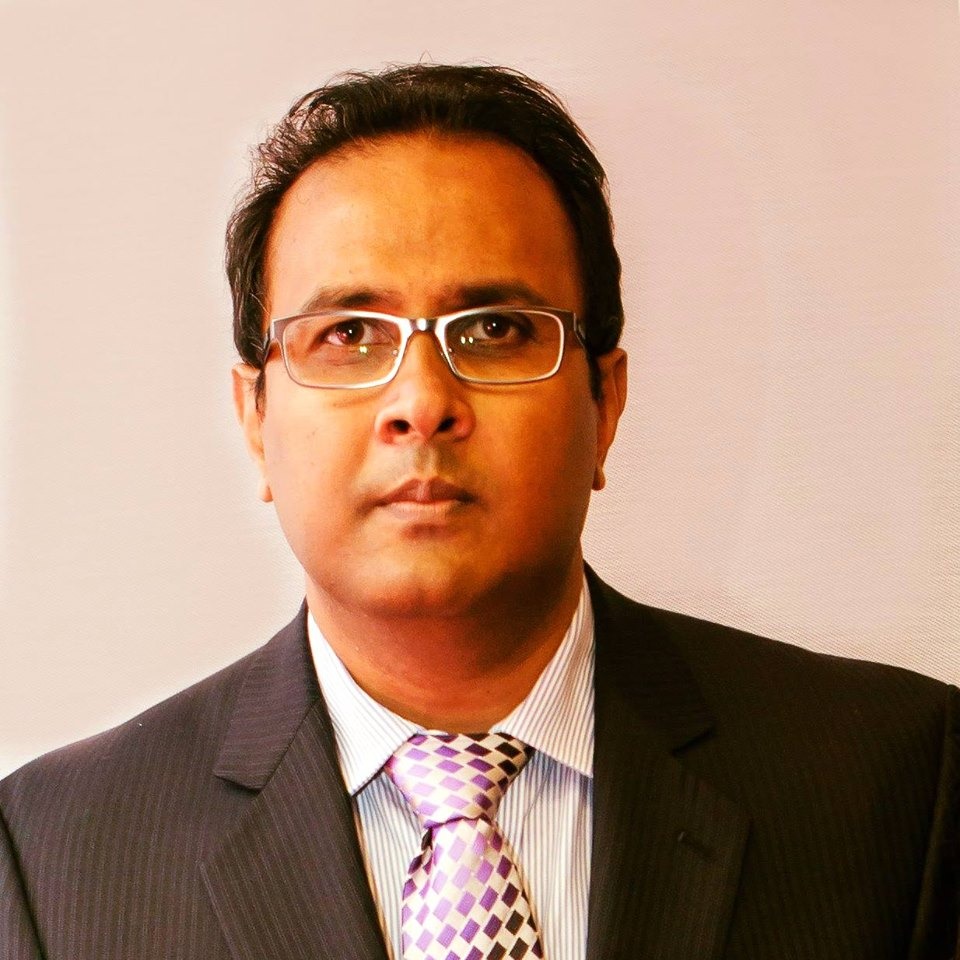Workshop - Unveiling the secret through machine learning
Artificial intelligence is profoundly changing our lives. Fueled by recent advances in machine and deep learning, fields such as computer vision, speech recognition, and pattern recognition are being transformed. Advances in technology are redefining applications in human computer interaction, advanced manufacturing, social networking, autonomous systems, security, and entertainment.
This 2-day workshop is designed to bring you up to speed on the hottest topics in machine and deep learning. You will learn AI models during hands-on exercises and learn how to apply concepts and tools to challenges and opportunities with these models and tools.
When, Where and Fees
Friday, 12 July 2019 and Saturday 13 July 2019
World University of Bangladesh, Dhaka
Panthapath Campus
Workshop fees : 2,500 BDT
Registration link
Please register here.
Who Should Attend
This is not a beginers workshop and also a intensive one. The intended participants should have some prior of ML concepts. He/she should have familiarity with Pyhton programming language. Knowledge of Deep learning models is useful but not required. Practitioners, Scientists, engineers, and technical managers, graduates and senior undergraduate students who want to understand and apply AI concepts to their work should attend the workshop.
Tentative class outline
- Introduction
- Probability and statistics review
- Machine learning concepts
- Terminology
- What kinds of problems can be solved?
- What are the different types of ML algorithms
- Supervised/unsupervised
- Shallow vs deep models
- How to frame a mindset of building data products
- Metrics/data driven decision making
- Data collection
- Train test split
- Underfitting and overfitting (Bias-variance tradeoff)
- Regularization
- Cross validation
- Data preprocessing
- Feature selection
- Metrics/data driven decision making
- Deep dive into supervised models
- Formulating a supervised learning problem
- Linear regression
- Introduction to logistic regression
- Decision trees
- Ensemble-based methods
- Bagging/boosting
- Random forest/gradient Boosting
- Formulating a supervised learning problem
- Classification metrics
- Offline metrics
- Accuracy
- Precision
- Recall
- Confusion matrix
- ROC
- Online evaluation
- A/B testing
- Offline metrics
- Feature Engineering
- Dimensionality reduction
- PCA
- Embedding
- Introduction to deep learning
- Why do we need deep models?
- Neural Networks overview
- Fully connected models
- Deep model training
- Backpropagation
- Optimization algorithms
- Gradient descent and its variants
- CNNs
- Recurrent neural nets
- RNNs
- LSTMs
- Representation learning
- Embedding
- Word2Vec models
- Doc2Vec models
- Embedding
- Applications of Deep learning
- Computer vision
- Natural language processing
- State of the art deep models for NLP
- Sequence to sequence models
- Attention based models
- Transfer learning
- Transformer architecture
- Bert, GPT-II
- Generative deep models
- Gans
Coding examples/Labs
All labs will be done in python and tensorflow/keras. We will work on applying tensorflow for simple supervised learning to very complex deep models for computer vision. We will also see some examples of Bangla natural language processing
The Instructor

Dr. Badrul Munir Sarwar is a Staff Machine Learning Scientist in LinkedIn Corporation, USA, where he works on various machine learning and deep learning projects. He is one of the founders of LinkedIn’s AI Academy that is instrumental in training all engineers with the concepts of ML/AI. Prior to that, he was a Staff Research Scientist at eBay Research Labs in San Jose, California where he worked for 10 years on various projects focusing on the broad areas of large-scale machine learning applied to personalized recommendation, approximate/randomized algorithms for matrix factorization, search ranking, and deep learning/word embedding. At the beginning of his career, he was a lecturer in the Department of Computer Science and Engineering, Bangladesh University of Engineering and Technology (BUET). He was also an adjunct faculty in the Department of Computer Science at San Jose State University and the Department of Computer Engineering at Santa Clara University, in California, USA.
Dr Sarwar has an M.S and a Ph.D in Computer Science from the University of Minnesota, Twin Cities, USA. He earned his Bachelor’s degree in Computer Science from the BUET. Prior to that He finished S.S.C and H.S.C with highest distinction from Mirzapur Cadet College being placed in the top 20 of combined merit list.
Dr. Sarwar has an impressive list of publications in a number of highly-acclaimed peer-reviewed international conferences and workshops in the field of Machine learning. Many of his published papers are extensively cited in related research work. One of his papers “Item-Based Collaborative Filtering Recommendation Algorithms", published in ACM WWW10 Conference, May, 2001 has about 8000 Google scholar citations and has recently been awarded the “Seoul Test of Time Award, 2016” by the International World Wide Web Conference Committee which “recognize the authors of one of the most important research papers in the field of recommender systems”. He also has 10+ US patents granted and 4 more patents filed so far for his innovation and research work. He is a professional member of ACM(Association for Computing Machinery) and ACL (Association for Computational Linguistics), and has served as program committee member, reviewer, and chair for various prestigious international conferences and workshops including ACM RecSys, ACM KDD, NIPS, AI/Stats. He regularly serves as a reviewer for numerous prestigious journals.
In addition to the Seoul Test of Time award, Dr. Sarwar received other awards and honors for his research work – AAAI Classic paper award 2017 (honorable mention), Best short paper award by ACM Recommender Systems Conference 2011, eBay innovation award, mentioned as a pioneer of recommender system algorithm in an article appeared in the March 12th, 2005 issue of the Economist magazine, to name a few. He also received numerous awards for academic excellence that includes BUET Merit Scholarship, Dhaka Education Board Merit Scholarship (talent pool), and Chancellor’s Award (awarded by the President of Bangladesh).
Supported by : iPay Bangladesh Limited

